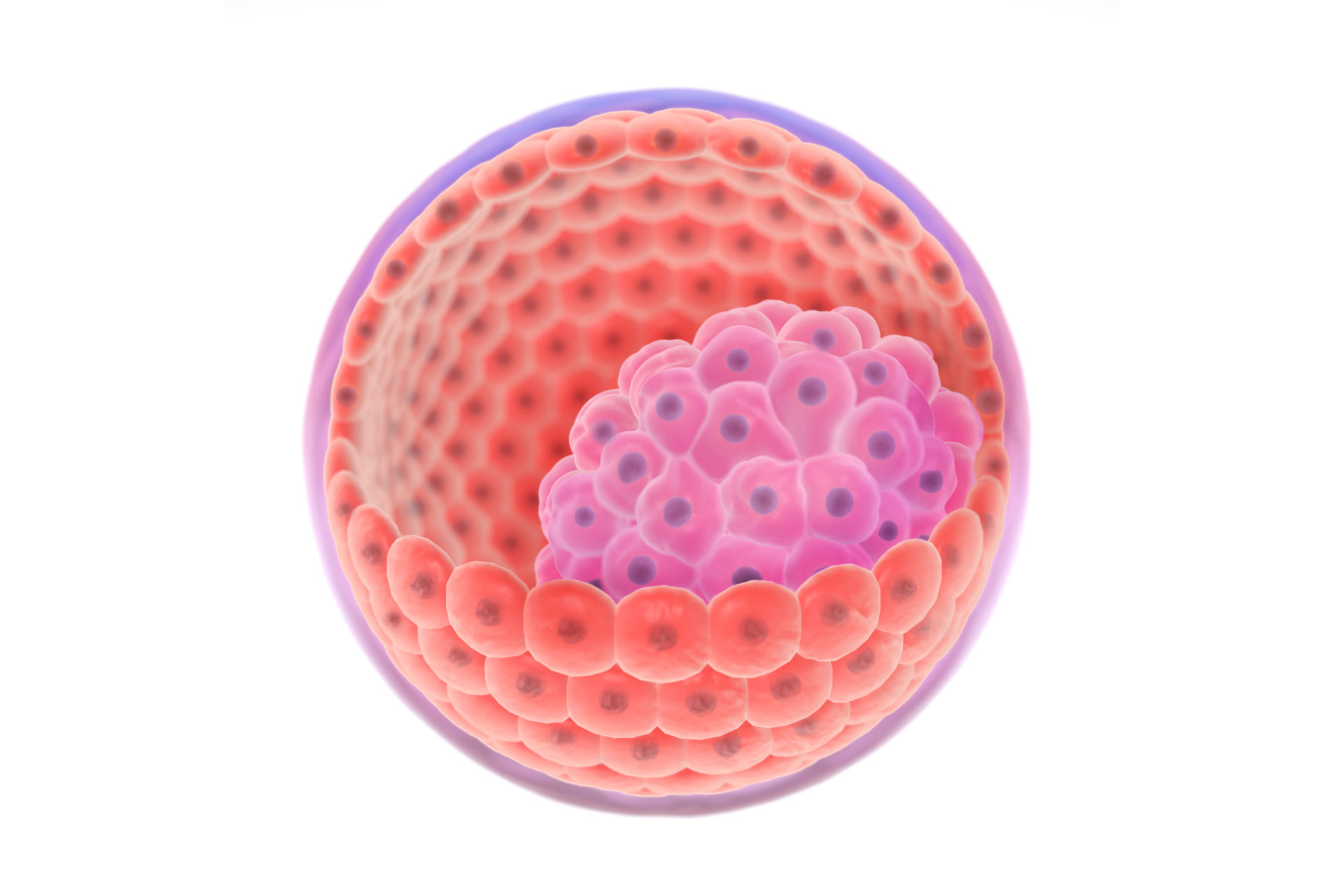Many patients wonder if they should have a fresh or frozen embryo transfer
As you start to explore in vitro fertilization (IVF), it’s common to have a lot of questions. One of the most common ones we hear at The Fertility Center of Las Vegas relates to the different types of IVF transfer protocols. Specifically, patients want to know if they should have a fresh or frozen embryo transfer. Today, our Las Vegas infertility center is shedding light on this topic.
What are the differences between these types of IVF transfers?
The two main types of embryo transfer procedures follow the same basic steps of an IVF cycle. First, the patient takes injectable fertility medications to stimulate the maturation of multiple eggs. She then undergoes an egg retrieval procedure when her eggs are mature.
For the next step, embryologists fertilize the eggs with sperm from the patient’s partner or chosen donor. From there, the embryologists watch as the embryos develop in the IVF lab. The next step is different depending on whether the patient is having a fresh or frozen embryo transfer.
- With a fresh transfer, the doctor transfers one or more embryos to the uterus of the patient or the gestational surrogate on Day 3 or Day 5.
- With a frozen embryo transfer, embryologists will flash-freeze the embryos using a process called vitrification. When the patient wants to conceive using the frozen embryos, the embryologists will thaw them and the doctor will then perform the embryo transfer.
With both types of IVF embryo transfers, the patient will need to have a receptive uterus so that the embryo can implant and grow in it. In a fresh cycle, the ovarian follicles have typically made the estrogen to prepare the uterine lining (endometrium). In a frozen cycle, the woman will often need to take medications to prepare her endometrium.
Should you have a fresh or frozen embryo transfer?
At our Las Vegas infertility center, our team typically performs frozen embryo transfers for several reasons.
- Research has shown that many patients can have better success rates with a frozen embryo transfer.
- Our clinic’s live birth rates with frozen embryo transfers have exceeded national averages for several years.
- Doing a frozen embryo transfer allows patients to do preimplantation genetic testing (PGT).
- Frozen embryo transfer can help patients avoid risks like ovarian hyperstimulation syndrome (OHSS) and having the embryo and the uterus be out of sync.
However, it might make sense to do a fresh embryo transfer in some cases. As a result, your doctor will work with you to determine the best treatment plan to help you have a healthy baby.
If you’re still wondering if you should have a fresh or frozen embryo transfer, we’re here to help. Contact us to schedule an appointment and get answers to your questions.








